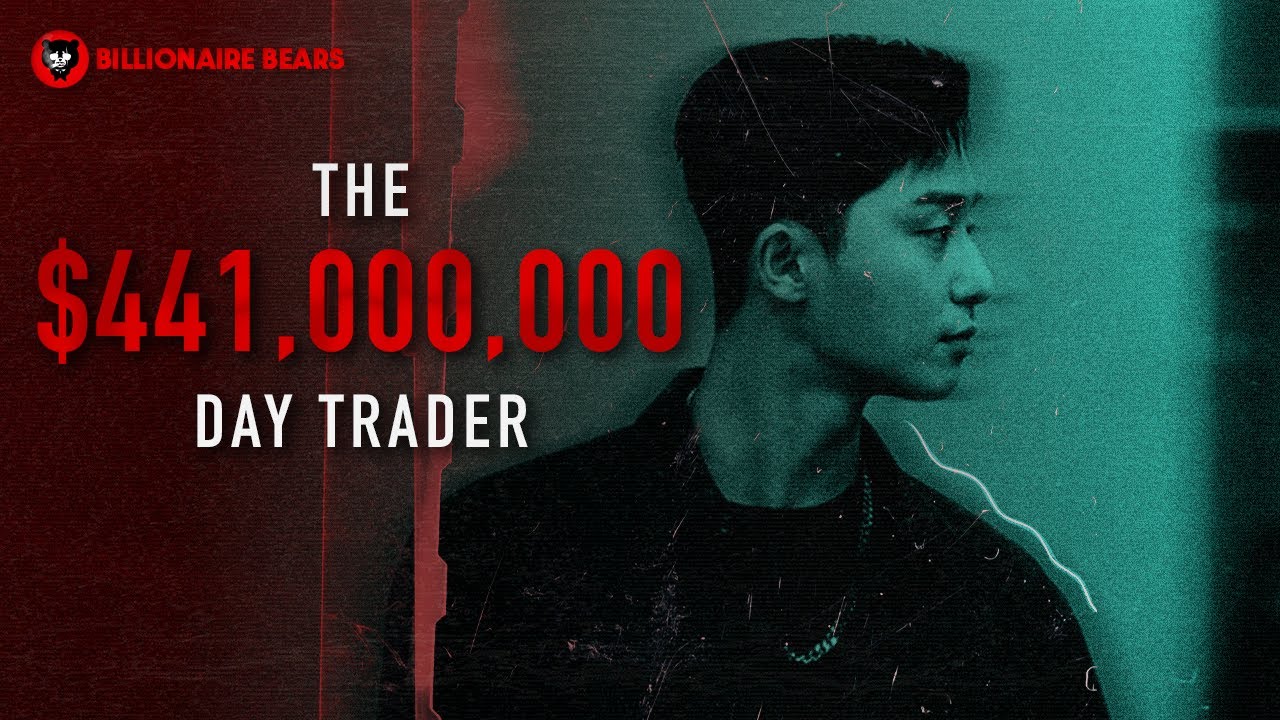Keep this in mind to be a pro trader! The most successful Japanese Trader BNF(Takashi Kotegawa)
Summary
TLDRIn this video, Kei, a Tokyo-based forex trader and mentor, introduces BNF, a renowned Japanese investor. BNF's success in increasing his initial $14,000 to $150 million in 8 years is attributed to his emotionless trading approach. Kei emphasizes the importance of trading with a neutral mindset, avoiding emotional attachment to profits or losses, and treating investment funds as expendable. This mindset, inspired by BNF, is crucial for long-term trading success, as it prevents psychological interference with rational trading decisions.
Takeaways
- 🔹 BNF is a renowned individual stock trader in Japan who started trading at 21 with $14,000 and grew it to $150 million in 8 years.
- 🔹 The key to BNF's success is maintaining an emotionless and rational approach to trading.
- 🔹 BNF demonstrates no facial expressions or emotions when discussing his earnings, which emphasizes his detached mindset.
- 🔹 BNF avoids withdrawing money to prevent emotional attachment to cash, making trading less stressful.
- 🔹 Trading should be done with spare money, not funds needed for living, to maintain objectivity and avoid emotional trading.
- 🔹 BNF's unemotional and machine-like trading style is contrasted with emotional reactions from interviewers.
- 🔹 Passion and emotions can hinder long-term profitability in trading, unlike in leadership or entrepreneurship.
- 🔹 Successful trading requires a neutral mindset, free from emotional influences related to money.
- 🔹 Viewing trading funds as already lost helps traders cut losses rationally and stay objective.
- 🔹 Winning traders do not attach emotions to their positions and trade according to pre-defined scenarios rationally.
Q & A
Who is the main subject of the video script?
-The main subject of the video script is BNF, an individual stock trader from Japan.
What is the significance of BNF's trading success?
-BNF's trading success is significant because he managed to increase his initial fund of $14,000 to over 150 million dollars within 8 years, demonstrating exceptional trading skills.
What is the key attribute of BNF's trading style according to the script?
-The key attribute of BNF's trading style is his ability to trade without any emotional attachment, treating his investments with a neutral mindset.
How does BNF handle his emotions during trading?
-BNF handles his emotions by not showing any facial expressions or emotional reactions, even when discussing significant gains or losses.
What lesson does Kei, the narrator, learn from BNF about trading and emotions?
-Kei learns that to be successful in trading, one should not let emotions interfere with rational trading decisions and should treat the trading fund as spare money, not money for living.
Why does BNF choose not to withdraw money from his trading fund?
-BNF chooses not to withdraw money to avoid the emotional hardship that comes with seeing the actual cash, which could affect his trading decisions.
What is the narrator's approach to trading after learning from BNF?
-The narrator's approach to trading is to maintain an empty mind, not expressing optimism or pessimism, and to invest and trade with a neutral mindset.
What advice does the narrator give about the mindset of a trader?
-The narrator advises traders to train themselves to switch from being passionate or emotional to being more neutral and detached while trading.
How does the narrator suggest treating money once it's put into a forex account?
-The narrator suggests treating money in a forex account as if it has been thrown away and will never come back, to avoid emotional attachment and rationalize cutting losses.
What is the narrator's perspective on the role of emotions in trading and investing?
-The narrator believes that while emotions can drive humans to achieve more in other areas, they are detrimental to trading and investing, where objective and rational decisions are crucial.
What does the narrator suggest as the first step to change one's mindset for trading?
-The first step to change one's mindset for trading, according to the narrator, is to view the money in the trading account as if it were Monopoly money or part of a board game, devoid of real-world value.
Outlines

This section is available to paid users only. Please upgrade to access this part.
Upgrade NowMindmap

This section is available to paid users only. Please upgrade to access this part.
Upgrade NowKeywords

This section is available to paid users only. Please upgrade to access this part.
Upgrade NowHighlights

This section is available to paid users only. Please upgrade to access this part.
Upgrade NowTranscripts

This section is available to paid users only. Please upgrade to access this part.
Upgrade NowBrowse More Related Video

Cara Scalping yang Aman: Ikuti Aturan dan Hindari Emosi

Day Trading Legend: BNF - The God of Japanese Day Trading

Best Forex Pairs for ALL Traders! (Use These Now)

How to Start Forex Trading as a BEGINNER in 2025 (Full Guide)

New Level Set up Learn and Trade Forex

Day in the Life of an Average Japanese Salaryman in Tokyo
5.0 / 5 (0 votes)